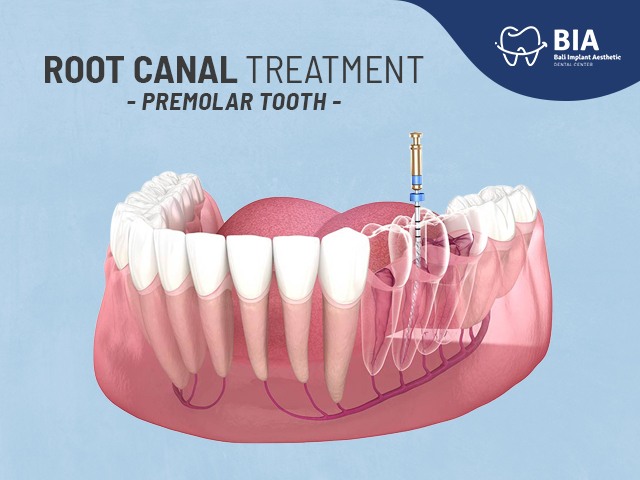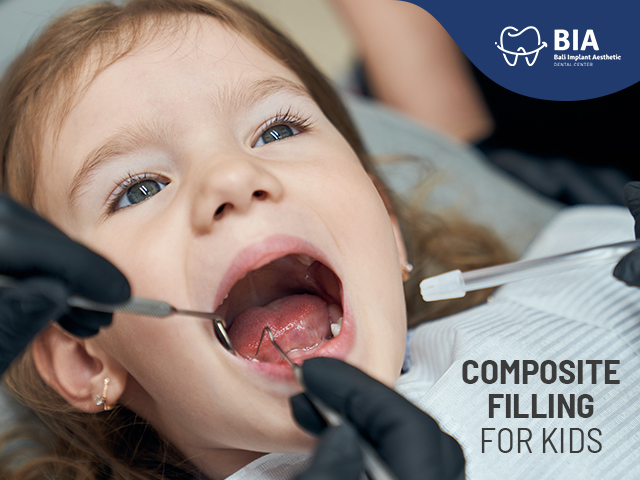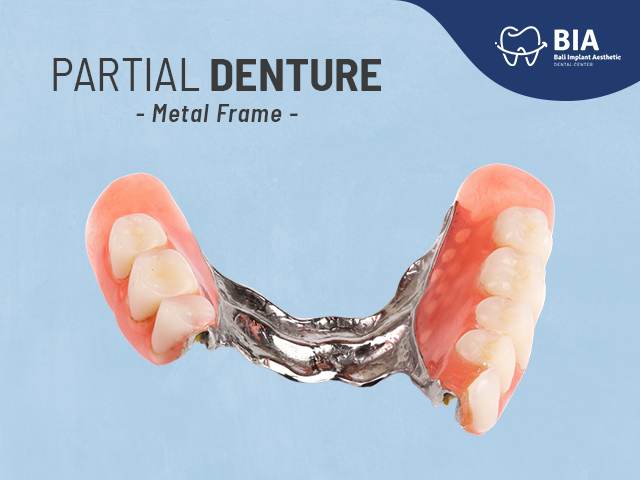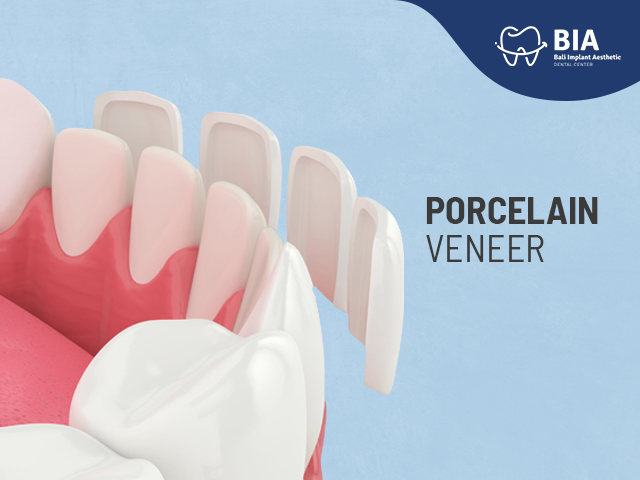The Importance of Physical Activity During the COVID-19 Pandemic and Its Relationship with Dental and Oral Health
Article | 2020-04-20 12:27:58
Home » Articles » The Importance of Physical Activity During the COVID-19 Pandemic and Its Relationship with Dental and Oral Health
The Importance of Physical Activity During the COVID-19 Pandemic and Its Relationship with Dental and Oral Health
What is physical activity?
According to WHO, physical activity is defined as body movements produced by skeletal muscle that require energy expenditure. Physical activity is a complex and multi-dimensional behavior. Many different modes of activity contribute to total physical activity, this includes physical activity at work, household (eg nurturing, household cleaning), transportation (eg walking or cycling to work) and leisure time physical activity (eg dancing, swimming). Sport is a subcategory of leisure physical activity and is defined as physical activity with planned, structured and repetitive body movements carried out to improve or maintain one or more components of physical fitness.
During the COVID-19 pandemic, where daily movements are severely restricted, it will be very important for people of all ages and in all abilities to keep as active as possible. Although this is only limited to getting up from a seat by doing 3-5 minutes of physical movements, such as walking or stretching, it will help to relax muscle tension, release inner pressure, increase blood circulation and muscle activity. This routine physical activity is also able to help us stay in contact with family or friends.
Why do we need it?
Regular physical activity is beneficial for the body and mind. This can reduce high blood pressure, help manage weight and reduce the risk of heart disease, stroke, type 2 diabetes, and various cancers. This habit also increases bone and muscle strength and improves balance, flexibility, and fitness. For parents, activities that improve balance help prevent falls and injuries. For children, regular physical activity helps support healthy growth and development and reduces the risk of disease later in life, and through routine activities, children can develop basic movement skills and build social relationships.
Regular physical activity also improves mental health and can reduce the risk of depression, cognitive decline and delay the onset of dementia and increase feelings of overall well-being.
Benefits for oral health
A study published in the Journal of Dentistry in 2005 found that regular exercise can help reduce the risk of contracting periodontitis, or gum disease. After studying the relationship between gum disease and physical activity, the report concluded that regular exercise was associated with a lower risk of gum disease. In fact, people who regularly exercise and never smoke have a 54% lower chance of experiencing periodontitis compared to those who report not doing regular physical activity. The National Health and Nutrition Examination Survey also found that even partially active people (exercising 3 times or less per week) were 33% less likely to experience periodontitis than those who did not exercise.
Correlation between BMI and Oral Health
Maintaining a healthy BMI (body mass index) is actually very beneficial for your oral health. Health problems associated with obesity such as hypertension and diabetes are known to contribute to poor oral health. In fact, a study in The Journal of Periodontology from the University of Florida conducted research to find the effect of weight on dental health. The researchers looked at BMI, body fat percentage, and oxygen consumption to assess how healthy each participant was. According to the study, "People who maintain normal weight, do recommended sports, and go on a high-quality diet are 40% less likely to suffer from periodontitis compared with people who don't maintain this health-promoting behavior."
How much physical activity do we need?
Infants under 1 year of age need
be physically active several times a day.
Children under 5 years
must spend at least 180 minutes a day in physical activity, with children aged 3-4 years active or excited for an hour a day.
Children and adolescents aged 5-17 years
all children and adolescents must do at least 60 minutes a day of moderate to strong intensity physical activity, including activities that strengthen muscles and bones, at least 3 days per week.
Adults aged over 18 years
must do a total of at least 150 minutes of moderate-intensity physical activity throughout the week, or at least 75 minutes of high-intensity physical activity throughout the week, including muscle strengthening activities of 2 days or more days per week.
Older adults with poor mobility must do physical activity to improve balance and prevent falls on 3 or more days per week.
Source:
https://www.who.int/
https://www.carefreedental.com/




